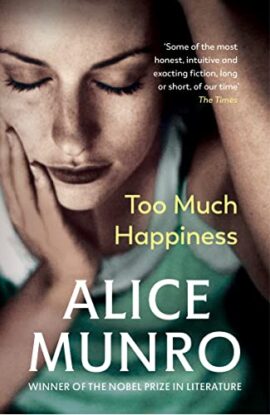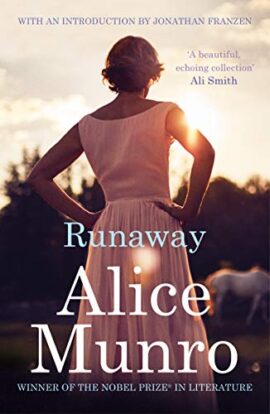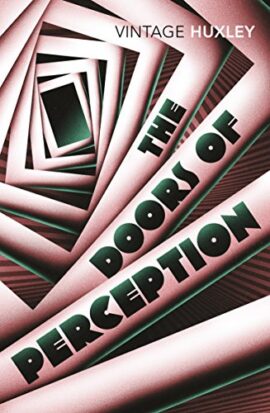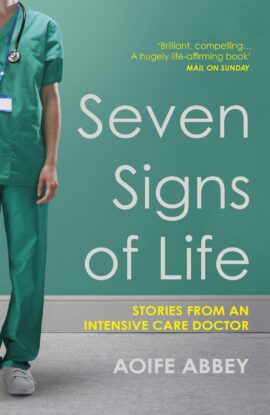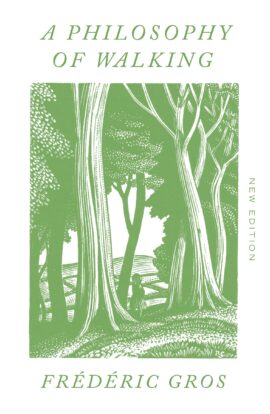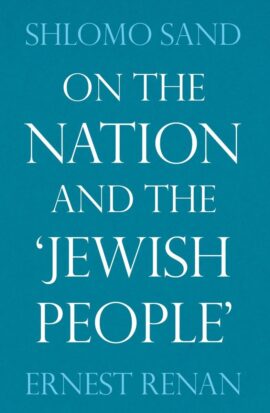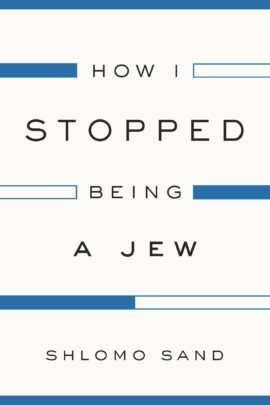Affichage de 1537–1548 sur 2052 résultatsTrié par popularité
Balthasar’s Odyssey
There are ninety-nine names for God in the Koran, is it possible that there is a secret one-hundredth name?In this tale of magic and mystery, of love and danger, Balthasar's ultimate quest is to find the secret that could save the world.Before the dawn of the apocalyptic 'Year of the Beast' in 1666, Balthasar Embriaco, a Genoese Levantine merchant, sets out on an adventure that will take him across the breadth of the civilised world, from Constantinople, through the Mediterranean, to London shortly before the Great Fire.Balthasar's urgent quest is to track down a copy of one of the rarest and most coveted books ever printed, a volume called 'The Hundredth Name', its contents are thought to be of vital importance to the future of the world. There are ninety-nine names for God in the Koran, and merely to know this most secret hundredth name will, Balthasar believes, ensure his salvation.
Too Much Happiness
**Winner of the Nobel Prize in Literature**These are beguiling, provocative stories about manipulative men and the women who outwit them, about destructive marriages and curdled friendships, about mothers and sons, about moments which change or haunt a life. Alice Munro's stories surprise and delight, turning lives into art, expanding our world and shedding light on the strange workings of the human heart.
Runaway
The matchless Munro makes art out of everyday lives in this dazzling new collection. At its centre are three stories connected into one marvellously rich narrative about Juliet - who escapes from teaching at a girls' school and throws herself into a wild and passionate love match. Here are men and women of wildly different times and circumstances, their lives made vividly palpable by the nuance and empathy of Munro's writing. "Runaway" is about the power and betrayals of love, about lost children, lost chances. There is pain and desolation beneath the surface, like a needle in the heart, which makes these stories more powerful and compelling than anything she has written.
Seven Signs of Life
I have walked in and out of the lives of countless numbers of patients. I have stood in rooms, in corners: sat on beds, chairs, and knelt on floors. I have been the visitor who is there when you find yourself most vulnerable, when you lie on a hospital bed or on a trolley in the resus department of A&E. I have been the visitor that you may never even know was there at all.How much do you know about the doctor who walked in and out of your life? Who diagnosed your mum, nursed your granddad in his last few days, or who saved your sister’s life? And have you ever wondered what they felt? If they cried later with joy, or with grief?Told through the lens of six emotions that all of us can empathise with, this book from the British Medical Association’s own Secret Doctor gives us a unique window onto the other side of a hospital experience. Through the Secret Doctor’s eyes we see how grief can be found in many forms, and what happens when you see fear in a patient’s eyes. We find out how to cope when you’ve made a life-threatening mistake: or what joy looks like when you feel it, and how long it lasts.These real stories from an anonymous doctor blur the lines between patient and doctor, showing us what a doctor sees of humanity as it comes through the revolving door of the hospital, what we have in common and what makes us human.
Empireland: How Imperialism Has Shaped Modern Britain
WINNER OF THE 2022 BRITISH BOOK AWARD FOR NARRATIVE NONFICTION***THE BOOK THAT INSPIRED THE CHANNEL 4 DOCUMENTARY 'EMPIRE STATE OF MIND'***THE SUNDAY TIMES BESTSELLER'The real remedy is education of the kind that Sanghera has embraced - accepting, not ignoring, the past' Gerard deGroot, The Times_____________________________________________________EMPIRE explains why there are millions of Britons living worldwide.EMPIRE explains Brexit and the feeling that we are exceptional.EMPIRE explains our distrust of cleverness.EMPIRE explains Britain's particular brand of racism.Strangely hidden from view, the British Empire remains a subject of both shame and glorification. In his bestselling book, Sathnam Sanghera shows how our imperial past is from how we live and think to the foundation of the NHS and even our response to the COVID-19 crisis.At a time of great division, when we are arguing about what it means to be British, Empireland is a groundbreaking revelation - a much-needed and enlightening portrait of contemporary British society, shining a light on everything that usually gets left unsaid._______________________________________________________' Empireland takes a perfectly-judged approach to its contentious but necessary subject' Jonathan Coe'I only wish this book has been around when I was at school' Sadiq Khan, Mayor of London'This remarkable book shines the brightest of lights into some of the darkest and most misunderstood corners of our shared history' James O'Brien
Twilight of History
The acclaimed and controversial historian turns his critical gaze on the writing of history todayOn its publication in 2009, Shlomo Sand’s book The Invention of the Jewish People met with a storm of controversy. His demystifying approach to nationalist and Zionist historiography provoked much criticism from other professional historians, as well as praise. The furore gave him a privileged position to consider his academic discipline, which he reflects on here in Twilight of History.Drawing on four decades in the field, Sand takes a wider view and interrogates the study of history, whose origin lay in the need for a national ideology. Over the last few decades, traditional history has begun to fragment, yet only to give rise to a new role for historians as priests of official memory. Working in Israel has sharpened Sand’s perspective, since the role of history as national myth is particularly salient in a country where the Bible is treated as a source of historical fact. He asks such questions as: Is every historical narrative ideologically marked? Do political requirements and state power weigh down inordinately on historical research and teaching? And, in such conditions, can there be a morally neutral and “scientific” truth?Despite his trenchant criticism of academic history, Sand would still like to believe that the past can be understood without myth, and finds reasons for hope in the work of Max Weber and Georges Sorel.
A Philosophy of Walking
This philosophical ode to finding joy in simple things explores how walking has influenced history’s greatest thinkers—from Henry David Thoreau and John Muir to Gandhi and Nietzsche.“It is only ideas gained from walking that have any worth.” —NietzscheIn this French bestseller, leading thinker and philosopher Frédéric Gros charts the many different ways we get from A to B—the pilgrimage, the promenade, the protest march, the nature ramble—and reveals what they say about us.Gros draws attention to other thinkers who also saw walking as something central to their practice. On his travels he ponders Thoreau’s eager seclusion in Walden Woods: the reason Rimbaud walked in a fury, while Nerval rambled to cure his melancholy. He shows us how Rousseau walked in order to think, while Nietzsche wandered the mountainside to write. In contrast, Kant marched through his hometown every day, exactly at the same hour, to escape the compulsion of thought. Brilliant and erudite, A Philosophy of Walking is an entertaining and insightful manifesto for putting one foot in front of the other.
On the Nation and the Jewish People
Ernest Renan was one of the intellectual giants of the second half of the nineteenth century in France, the man who first opened up the study of nationalism. In this book, Shlomo Sand, the author of the best-selling The Invention of the Jewish People, demonstrates the complexity of Renan’s thought. Sand shows the relationship of Renan’s work to that of key twentieth-century thinkers on nationalism, such as Raymond Aron and Ernest Gellner, and argues for the continued importance of studying Renan.Alongside his essay, Sand presents two classic lectures by Renan: the first, the renowned “What Is a Nation?”, argues that nations are not based upon race, religion, and language: in the second he uses historical evidence to show that the Jews cannot be considered a “pure ethnos.” On the Nation and the Jewish People is an important contribution to the understanding of nationalism, bringing back into play the work of a profoundly misunderstood thinker.
How I Stopped Being a Jew
Shlomo Sand was born in 1946, in a displaced person’s camp in Austria, to Jewish parents: the family later migrated to Palestine. As a young man, Sand came to question his Jewish identity, even that of a “secular Jew.” With this meditative and thoughtful mixture of essay and personal recollection, he articulates the problems at the center of modern Jewish identity.How I Stopped Being a Jew discusses the negative effects of the Israeli exploitation of the “chosen people” myth and its “holocaust industry.” Sand criticizes the fact that, in the current context, what “Jewish” means is, above all, not being Arab and reflects on the possibility of a secular, non-exclusive Israeli identity, beyond the legends of Zionism.




